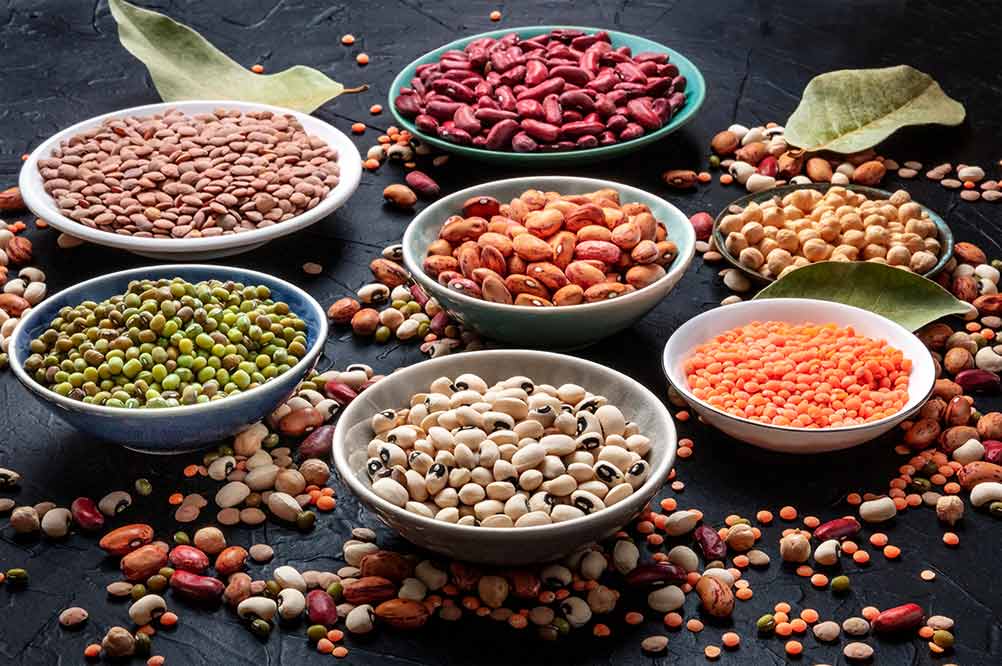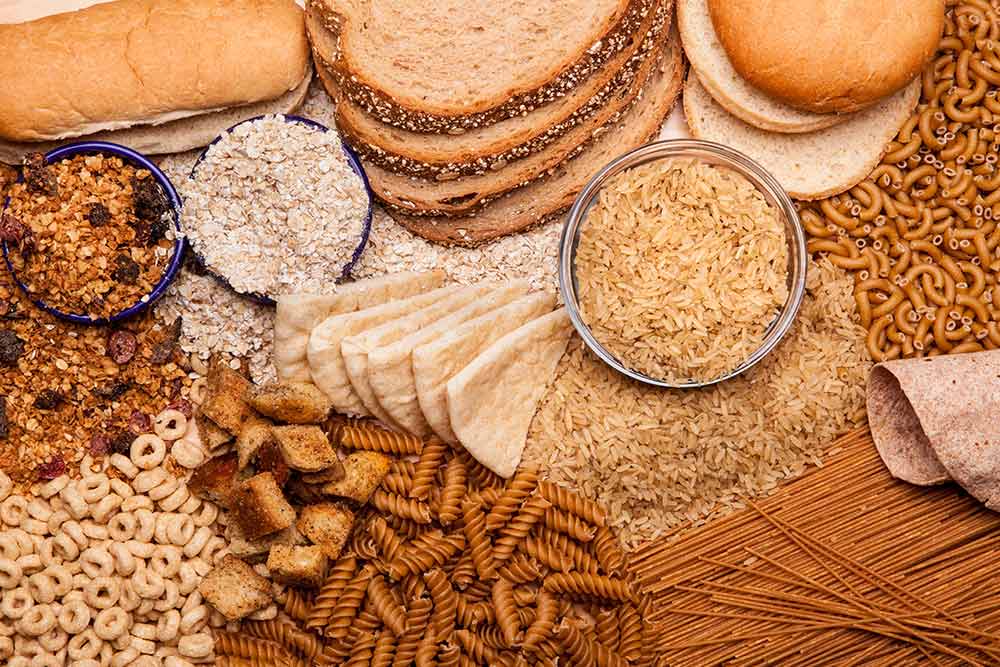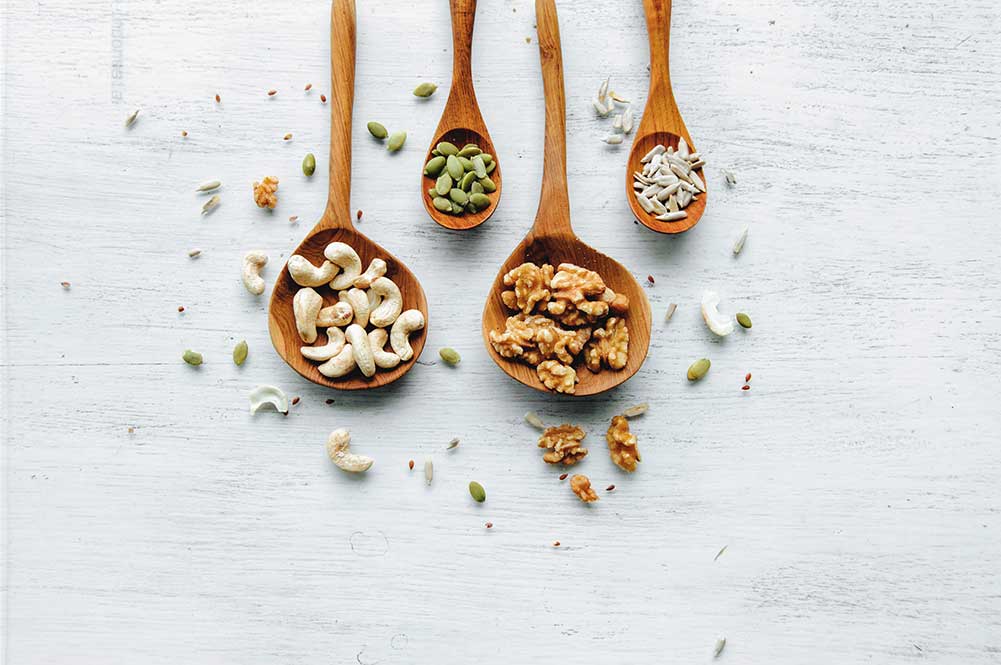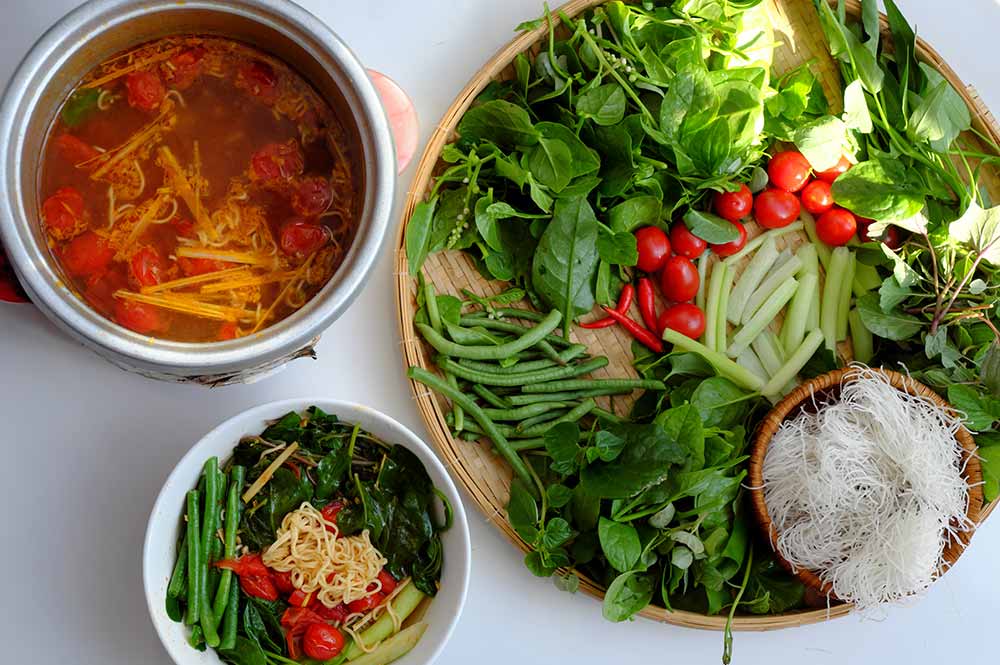Plant-based diets have become hugely popular due to the health benefits as well as the benefits it lends to the environment. However, it’s a common misconception that plant-based diets are low in protein. Not only do some plant proteins have more protein per calorie than meat they are also more versatile. For instance, broccoli has more protein per calorie than any red meat, and chicken and fish are about equal to spinach. Since there are fewer calories in plants, one would have to fuel up a lot more on leafy greens than meat for the protein to equal out.
The correct way of getting the right amount of protein is to provide your body with the whole pack – amino acids, vitamins, minerals, and antioxidants. Here are some plant-based protein sources that give you just that!
Pulses

Not only are pulses/legumes a great and adequate source of plant-based protein, but certain varieties are actually better sources of protein than chicken and eggs. They are low-fat, affordable, easy to cook, easy to find, and easy to store.
• Lentils including Masoor, urad, chana (8- 9 grams protein per 100g)
• Chickpeas, including hummus (19 grams protein per 100g)
• Beans, including black-eyed, butter, soya, edamame and kidney (21 grams protein per 100g)
Whole grains

High-protein grains are not only an excellent source of plant-based protein, they are also full of fibre, vitamins, minerals, complex carbohydrates, and other nutrients.
• Quinoa (16.5 grams protein per 100g)
• Amaranth (9 grams protein per 100g)
• Couscous (3.8 grams protein per 100g)
• Oats (13 grams protein per 100g)
• Buckwheat (13 grams protein per 100g)
• Millet (11 grams protein per 100g)
• Brown Rice (2.6 grams protein per 100g)
Nuts and seeds

Nuts and seeds are heart-healthy snacks. In addition to being a good source of fibre and healthy fats, nuts are an excellent source of protein. You can consume nuts as a snack in-between meals, incorporate them in salads or even use them to make curries.
• Almonds (7 grams per 1/4-cup)
• Peanuts (9.5 grams per 1/4-cup)
• Walnuts (4.5 grams per 1/4-cup)
• Pumpkin seeds (36 grams per 1/4-cup)
• Pistachios (6 grams per 1/4-cup)
• Cashew nuts (5 grams per 1/4-cup)
• Chia seeds (7 grams per 1/4-cup)
Vegetables

Vegetables are packed with vitamins and nutrients but some have proven to be a good source of protein.
• Green Peas (5 grams protein per 100g)
• Spinach (3 grams protein per 100g)
• Broccoli (2.8 grams protein per 100g)
• Artichokes (3.3 grams protein per 100g)
• Sweet Corn (3.2 grams protein per 100g)
• Avocado (2 grams protein per 100g)
• Asparagus (2.2 grams protein per 100g)
• Brussel Sprouts (3.4 grams protein per 100g)
• Kale (4.3 grams protein per 100g)
• Potatoes (2 grams protein per 100g)
*The information and nutritional value is provided by Dr Pallavi Shrivastava, Sports Science and Fitness Nutritionist and Founder of Q-Slim Fitness Studio